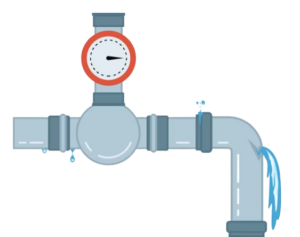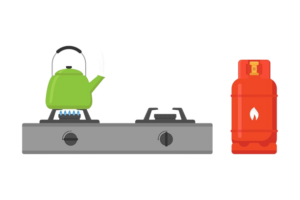PBGPL Safety
Purba Bharati Gas Pvt Ltd
Emer

Health, Safety & Environment (HSE) Policy

Purba Bharati Gas Pvt. Ltd. (PBGPL) is committed to the Occupational Health & Safety of its employees and all its stakeholders and conserving the Environment while doing its business.
PBGPL will be following the best practices of HSE in the industry to provide healthy and safe working conditions with a goal to ZERO injuries to all while delivering its service and minimise the environmental impact associated with its work activities.
To achieve this PBGPL will:
Follow the safety rules and regulations while delivering its services.
Design, Construct, Operate and Maintain its facilities as per the best Safety practices available in the industry to ensure safety of all its stakeholders, plants, pipelines, project and surroundings.
Find out probable risk areas and hazards experienced in workplaces and maintain it As Low As Reasonably Practicable (ALARP).
Aim to minimize Lost Time Injury Frequency Rate (LTIFR).
Create awareness on HSE and impart inhouse and worksite trainings to the employees & associated personnel on yearly basis.
Imbibe Safe work culture and continual improvement.
Meet applicable legal requirements and ensure compliance obligations for safety.
Identify the risks involved in the operations and take appropriate mitigation steps and monitor them.
Ensure efficient energy consumption and reduction of wastage and pollution.
Ensure protection of environment for sustainable development
Sd/-
Chief Executive Officer
Purba Bharati Gas Pvt. Ltd.
Guwahati
Dated : 9/12/2020
How to detect gas leak

Although gas leaks are uncommon, they are easy to detect. Here’s how you can spot one.
Smell. We add a distinctive, sulfur-like, rotten egg odor so you can detect even small amounts of natural gas. However, DO NOT rely only on your sense of smell to detect the presence of natural gas.
Sound. Pay attention to hissing, whistling or roaring sounds coming from underground or from a gas appliance.
Sight. Be aware of dirt spraying into the air, continual bubbling in a pond or creek, and dead or dying vegetation in an otherwise moist area.
Do & Don't for CNG

Do's
Switch off engine while fuel filling.
Apply Hand Brakes while fuel filling
Get the CNG cylinder checked every three (3) years from the date of last testing / retesting of cylinder by government authorized CNG cylinder testing agency.
Ensure installation/servicing of the CNG kit is done by authorized workshop
Always keep the certificate of the CNG kit and the cylinder.
Don'ts
LPG, propane or any other cylinder should not be used instead of a CNG cylinder.
Do & Don't for PNG

Do's
Ensure that the hose pipe is secured by clamps at both ends. Check regularly and replace immediately if damaged.
Always use hose pipes supplied/approved by the Gas Company. Never use non standardized and unauthorized tube.
Windows should be kept open or exhaust fan switched on while using gas.
Turn off gas tap if not in use.
In case of any leakage, close the main isolation valve and immediately inform the Company.
Don'ts
Never try to modify/alter any gas equipment (pipes, fittings etc) on your own. Authorized technician is required for the same.






